01 - Empowering Futures: The Impact of Cultural, Social, and Economic Disparities on
http://dx.doi.org/10.31703/gssr.2024(IX-IV).0110.31703/gssr.2024(IX-IV).01 Published : Dec 2024
-
Gender inequality poses a challenge to the educational participation of teenage-girls in Jhelum Pakistan. This paper seeks to examine the complex factors underpinning and the extensive effects of gender inequalities in education within this area. The present study details various causes of gender inequalities as analyzed from a qualitative content analysis of various works, which include economic ... Details
-
Gender Inequality, Women Empowerment through Education, Teenage Girls, Jhelum, Social and Cultural Norms, Early Marriage, Economic Challenges, Gender Stereotypes, Educational Access, Financial Support
-
(1) Sana Amjad
Lecturer, Department of Pakistan Studies, National University of Modern Languages (NUML), Islamabad, Pakistan.
02 - Surah Al-Fatiha as an Abstract/Preface of the Holy Quran: A Linguistic Perspecti
http://dx.doi.org/10.31703/gssr.2024(IX-IV).0210.31703/gssr.2024(IX-IV).02 Published : Dec 2024
-
In the tradition of writing, multiple genres have matured enough and carry universal standardization. Most captivatingly, the universal standard has been ideally reflected in the text of the Holy Quran. The study in hand highlights the linguistic excellence of a very small but complete genre known as abstract. It plays highly significant role in the promotion of a research paper, article, thesis o... Details
-
Surah Al-Fatiha, Abstract, Preface, Linguistic, Perspective
-
(1) Muhammad Abdullah
Assistant Professor, Department of English Linguistics and Literature, Riphah International University, Islamabad, Pakistan.
(2) Naila Maryam
Lecturer, University of Baltistan, Skardu, Gilgit Baltistan, Pakistan.
03 - Empirical Analysis of the Impact of Quasi-Fiscal Activities in Pakistan's Electr
http://dx.doi.org/10.31703/gssr.2024(IX-IV).0310.31703/gssr.2024(IX-IV).03 Published : Dec 2024
-
This study aims to empirically investigate the impact of quasi-fiscal activities in the electricity sector on Pakistan's fiscal deficit, using time series data from 1973 to 2022. The Bound and ARDL tests are employed to analyze the long-run cointegration among the variables. The results indicate that the variables are cointegrated in the long run and that the one-year lagged values of hidden costs... Details
-
Quasi-Fiscal Activities, Hidden Cost, Fiscal deficit of Pakistan, ARDL Test, State Owned Enterprises
-
(1) Sabeel Khan
Ph.D. Scholar, Department of Economics, Islamia College Peshawar, KP, Pakistan.
(2) Fazale Wahid
Assistant Professor, Department of Economics, Islamia College Peshawar, KP, Pakistan.
(3) Tanweer Ahmed
Visiting Faculty, Development Studies, Department of Economics, University of Peshawar, KP, Pakistan.
04 - Practices and Challenges Regarding Mathematics Laboratory for Pedagogical Purpos
http://dx.doi.org/10.31703/gssr.2024(IX-IV).0410.31703/gssr.2024(IX-IV).04 Published : Dec 2024
-
The purpose of this research was to investigate the practices and challenges regarding mathematics laboratory in Punjab at school level. Descriptive survey design was used to collect data through questionnaire. The population was all secondary schools mathematics teachers of district Chakwal. The sample size was 60 through systematic random sampling technique. Only 5 percent of schools had mathema... Details
-
Practical Learning, Mathematics Laboratory, Learner-Centered Pedagogy, Educational Challenges, Policy Implementation
-
(1) Muhammad Kashif Hubdar
PhD Scholar, Department of Educational Sciences, National University of Modern Languages (NUML), Islamabad, Pakistan.
(2) Jamila Begum
Assistant Professor, Department of Educational Sciences, National University of Modern Languages (NUML), Islamabad, Pakistan.
05 - Students Achievement Strategies, Ego Strength, Hostility and the Role of Perceiv
http://dx.doi.org/10.31703/gssr.2024(IX-IV).0510.31703/gssr.2024(IX-IV).05 Published : Dec 2024
-
School environment is associated with ego strength and hostility, while perceived parenting modifies the relationship between ego strength and hostility. School Connectedness Scale, The Strategy and Attribution Questionnaire, The Parental Bonding Inventory, Barron’s Ego Strength Scale, and The Buss-Durkee Hostility Inventory were used for assessing school environment, students' achieve... Details
-
Narrative Techniques, Semantic, Communicative, Translation, Theory, Narrative
-
(1) Tariq Ahmed
Ph.D. Scholar, Department of Education, Guangzhou University, Guangzhou, China.
(2) Xing Qiang
Dean and Professor, Department of Education, Guangzhou University, Guangzhou, China.
(3) Mudassar Abdullah
Assistant Professor, (Psychology program), Department of Business Administration, IQRA National University, Peshawar, KP, Pakistan.
06 - A Study of Narrative Techniques in Surah Yusuf: Semantic and Communicative Persp
http://dx.doi.org/10.31703/gssr.2024(IX-IV).0610.31703/gssr.2024(IX-IV).06 Published : Dec 2024
-
Narrative techniques play a vital role in the process of human communication. This research analyzes the use of narrative techniques in the Holy Quran. It is highly significant for researchers/linguists to conduct research on narrative techniques in the Holy Quran. The study focuses on Surah Yusuf of the Holy Quran in this regard. Surah Yusuf is the 12th Surah of the Holy Quran. The study has used... Details
-
Narrative Techniques, Semantic, Communicative, Translation, Theory, Narrative
-
(1) Muhammad Abdullah
Assistant Professor, Department of English Linguistics and Literature, Riphah International University, Islamabad, Pakistan.
(2) Marrium Sayyed
MPhil Scholar, Department of English, Linguistics and Literature, Riphah International University, Islamabad, Pakistan.
07 - AI-Powered Decomposition Techniques for Economic Forecasting
http://dx.doi.org/10.31703/gssr.2024(IX-IV).0710.31703/gssr.2024(IX-IV).07 Published : Dec 2024
-
Time series analysis and decomposition are crucial in examining economic data as they uncover elements such as trends, and seasonal influences, within the data. However, some approaches have difficulty in accommodating complex, high-dimensional data. In this research, we investigate the possibilities of utilizing artificial intelligence (AI) tools, specifically, machine learning (ML) and deep lear... Details
-
Time Series Decomposition, Artificial Intelligence, Machine Learning, Deep Learning, Economic Forecasting
-
(1) Afzal Mahmood
Assistant Professor, Institute of Management Sciences (Pak AIMS) Lahore, Punjab, Pakistan.
(2) Asmat N. Khattak
Associate Professor, Head of Department of Management Sciences, Institute of Management Sciences (Pak AIMS) Lahore, Punjab, Pakistan.
(3) Kanwal Zahra
Associate Professor, Head of Department, Business School, University of Central Punjab, Lahore, Punjab, Pakistan.
08 - Global Climate Governance: Evaluating Policy Responses in an Era of Internationa
http://dx.doi.org/10.31703/gssr.2024(IX-IV).0810.31703/gssr.2024(IX-IV).08 Published : Dec 2024
-
This research paper provides an in-depth analysis of how the global community is working to address climate change through international cooperation and competition. It highlights dual forces that shape global climate governance, focusing on the Paris Agreement as a key framework. The article focuses on the fact that although international cooperation. Most countries fail to achieve the targets th... Details
-
Global Climate Governance, International Cooperation, Policy Responses, Paris Agreement, Non-State Actors, Governance Mechanism, Green Technology, Sustainable Development
-
(1) Bashir Ahmad
Assistant Professor, Department of History, Minhaj University, Lahore, Punjab, Pakistan.
(2) Maha Bashir
MPhil Scholar, Department of Finance, University of Engineering and Technology (UET), Lahore, Punjab, Pakistan.
(3) Arifa Zia
MPhil Scholar, Department of History, Government College University, Lahore, Punjab, Pakistan.
09 - Subjective Truth and The Leap of Faith: A Textual Analysis of Updikeâs Terr
http://dx.doi.org/10.31703/gssr.2024(IX-IV).0910.31703/gssr.2024(IX-IV).09 Published : Dec 2024
-
Kierkegaard’s existential theory that an individual with faith truly exists correspond to his idea of subjective truth that prompts the individual to take leap of faith. The current paper explores the treatment of truth in Updike’s Terrorist from theoretical perspective of Kierkegaard’s concept of subjective truth. After conducting textual analysis of the novel, we have come to u... Details
-
Subjective Truth, Leap of Faith, Existence, Faith, Passionate Inwardness
-
(1) Ghulam Zakaria Khan
PhD Scholar, Area Study Centre for Africa, North and South America, Quaid-i-Azam University, Islamabad, Pakistan.
(2) Umaima Kamran
Associate Professor, Department of English, Quaid-i-Azam University, Islamabad, Pakistan.
10 - Financial Development and Private Investment
http://dx.doi.org/10.31703/gssr.2024(IX-IV).1010.31703/gssr.2024(IX-IV).10 Published : Dec 2024
-
This paper finds that financial sector growth is key to boosting private investment in Pakistan. Banks, as financial intermediaries, enhance private investment by lowering risks and supporting decision-making through strong accounting standards. A broader financial system—measured by the ratio of commercial bank assets—positively impacts private investment. Financial deepening, or incr... Details
-
Financial Development, Private Investment, Gross Domestic Product, Liabilities
-
(1) Nadeem Iqbal
Assistant Professor, Department of Economics, University of Peshawar, KP, Pakistan.
(2) Aisha Rehman
PhD Scholar, Department of Economics, University of Peshawar, KP, Pakistan.
(3) Suleman Amin
Lecturer, Department of Economics, University of Peshawar, KP, Pakistan.
11 - Linguistic Accommodation in English-Medium Instruction: Investigating Adjustment
http://dx.doi.org/10.31703/gssr.2024(IX-IV).1110.31703/gssr.2024(IX-IV).11 Published : Dec 2024
-
This study explores how non-native English-speaking students and teachers accommodate each other linguistically in EMI classrooms. The research explores the features of these strategies, including language simplification, visual aids, code-switching, and non-verbal cues, in terms of their frequency and types to identify how they impact communication/learning.Structured questionnaires were used to ... Details
-
English-medium instruction (EMI), Non-Native English Speakers (NNES), Communication Accommodation Theory, Linguistic Adjustments, Interactional Strategies
-
(1) Noor Naeem
M.phil Scholar, Department of English Linguistics, National University of Modern Languages, Islamabad, Pakistan.
(2) Muhammad Umar Razaq
M.phil Scholar, Department of English Linguistics, National University of Modern Languages, Islamabad, Pakistan.
12 - Exploring the Role of Artificial Intelligence in Enhancing Teachers' Competencie
http://dx.doi.org/10.31703/gssr.2024(IX-IV).1210.31703/gssr.2024(IX-IV).12 Published : Dec 2024
-
This study was conducted to explore the role of Artificial Intelligence in enhancing the teachers' competencies. This was a theoretical study in nature conducted while using the secondary data collected from the available books, journals, and dissertations. The results revealed that AI has great potential to enhance teachers' competencies while helping them design relevant educational content alig... Details
-
Artificial Intelligence, University Teachers, Competencies Enhancement
-
(1) Asim Tanvir
Assistant Professor, IBIT (Institute of Business and Information Technology), University of the Punjab, Punjab, Pakistan.
(2) Samra Bashir
Assistant Professor, Institute of Education and Research, University of the Punjab, Punjab, Pakistan.
(3) Sidra Shahzadi
Lecturer, University Institute of Management Science, PMAS-Arid Agriculture University Rawalpindi, Punjab Pakistan.
13 - A Study of Reducing Prejudice and Improving Intergroup Relations of the Students
http://dx.doi.org/10.31703/gssr.2024(IX-IV).1310.31703/gssr.2024(IX-IV).13 Published : Dec 2024
-
This study examines the impact of teaching strategies on prejudice and intergroup relations among secondary students in public high schools in Pakistan’s Lodhran district. Using a descriptive cross-sectional design, researchers administered a self-developed questionnaire on prejudiced attitudes and intergroup contact to 215 students from Kehroor Pakka, Lodhran, and Dunya Pur, achieving a Cro... Details
-
Prejudice, Intergroup Relations, Teaching Approaches, School Level, Random Sampling, Conflict Reduction, Peaceful Environment
-
(1) Shumaila Shafi
Ph.D. Scholar, Department of Education, The Islamia University of Bahawalpur, Punjab Pakistan.
(2) Waqas Akbar
Ph.D. Scholar, Department of Education, The Islamia University of Bahawalpur, Punjab Pakistan.
(3) Muhammad Rafiq-uz-Zaman
Ph.D. Scholar, Department of Education, The Islamia University of Bahawalpur, Punjab, Pakistan.
14 - The Role of Islam in Shaping Pakistan's Political Identity and Governance
http://dx.doi.org/10.31703/gssr.2024(IX-IV).1410.31703/gssr.2024(IX-IV).14 Published : Dec 2024
-
This study examines the influence of Islam in shaping Pakistan’s political identity and governance, analyzing the ways Islamic principles and values have been integrated into the nation’s constitutional and institutional frameworks. Since its inception, Pakistan has sought to balance Islamic ideology with modern statecraft, creating a unique model of governance that intertwines religio... Details
-
Islam, Pakistan, Political Identity, Governance, Constitutional Framework, Islamic Ideology, Statecraft
-
(1) Sara Gurchani
Lecturer, Department of Pakistan Studies, National University of Modern Languages (NUML), Islamabad, Pakistan.
(2) Tazeem Imran
Lecturer, Department of Pakistan Studies, National University of Modern Languages (NUML), Islamabad, Pakistan.
(3) Uzma Malik
Lecturer, Department of Pakistan Studies, National University of Modern Languages (NUML), Islamabad, Pakistan.
15 - The Impact of Teacher-Student Relationships and Professional Development at the
http://dx.doi.org/10.31703/gssr.2024(IX-IV).1510.31703/gssr.2024(IX-IV).15 Published : Dec 2024
-
The objectives of this research are to investigate the relationship between teacher-student and professional development at the University of Layyah. For this purpose, convenience sampling techniques were used to collect data. The data was compromised on two groups, teachers (n=15) and students (n=50). The result revealed that 62% of students and 60% of teachers believe that professional developme... Details
-
Teacher-Student Relationship, Professional Development, Academic Performance, Educational Outcomes, Student Engagement, Teacher Engagement, University Education
-
(1) Hania Amir
Undergraduate, Department of English, University of Layyah, Punjab, Pakistan. ORCID:(https://orcid.org/0009-0006-9799-0646)
(2) Abdul Rehman
M.Phil, Department of. English Literature, Department of English, Islamia University of Bahawalpur, Punjab Pakistan.
(3) Muhammad Basit Javed
Undergraduate, Department of English, Muhammad Ali Institute of Science and Technology Layyah, Punjab, Pakistan.
16 - Investigating the Impact of Deviant Factors on the Psychological Well-being of S
http://dx.doi.org/10.31703/gssr.2024(IX-IV).1610.31703/gssr.2024(IX-IV).16 Published : Dec 2024
-
Positive psychological well-being is essential for engaging children in school and family life. This research examines the influence of deviant factors (virtual violence, bullying, and socioeconomic status) on the psychological well-being of schoolchildren in rural South Punjab. Using convenience sampling, 200 male students from government lower-secondary schools across six districts were recruite... Details
-
Psychological Well-Being, Bullying, Virtual Violence, Socioeconomic Status, Schoolchildren
-
(1) Rabia Munir
PhD Scholar, Faculty of Applied Social Science (FSSG), Universiti Sultan Zainal Abidin, Terengganu, Malaysia.
(2) Norsuhaily Binti Abu Bakar
Associate Professor, Faculty of Applied Social Science (FSSG), Universiti Sultan Zainal Abidin, Terengganu, Malaysia.
17 - Examining the Role of Teachers' Professionalism in Mitigating Aggressive Behavio
http://dx.doi.org/10.31703/gssr.2024(IX-IV).1710.31703/gssr.2024(IX-IV).17 Published : Dec 2024
-
The study focused on investigating the role of teachers' professionalism in mitigating aggressive behavior among university-level resilient students. The quantitative survey design was followed to conduct this study. The study sample consisted of 237 students with MPhil and PhD degrees (Edu). Three tools (The Brief Resilience Scale, the Aggression Questionnaire, and the Teachers Professionalism Sc... Details
-
Aggressive Behavior, Teachersâ Professionalism, University Studentsâ Resilience
-
(1) Muhammad Shokat Zaman
PhD Scholar, Department of Educational Research and Assessment, University of Okara, Punjab, Pakistan.
(2) Muhammad Nadeem Iqbal
Assistant Professor, Department of Education, Bahauddin Zakaria University, Multan, Punjab, Pakistan.
(3) Khalid Saleem
Associate Professor, Department of Teacher Education, University of Okara, Punjab, Pakistan.
18 - Fostering an Entrepreneurial Mindset Through Education: Challenges and Opportuni
http://dx.doi.org/10.31703/gssr.2024(IX-IV).1810.31703/gssr.2024(IX-IV).18 Published : Dec 2024
-
This study addresses the question of how education can foster an entrepreneurial mindset, one of the determinants of success in the current, novelty driven economy. These studies identify factors such as the quality of entrepreneurial education, the provision of institutional support, attitudes to entrepreneurship, and a mediating effect of technology integration to inform barriers and opportuniti... Details
-
Entrepreneurial Education, Institutional Support, Cultural Attitudes, Technology Integration
-
(1) Syed Rizwan Ali
Assistant Professor & Head of Business Incubation CenteBusiness Incubation Center, Bahria University Karachi Campus, Karachi, Sindh, Pakistan.
(2) Sehrish Qasim
Senior Lecturer, Bahria Business School, Bahria University Karachi Campus, Karachi, Sindh, Pakistan.
(3) Mehdi Abbas
Senior Lecturer, Bahria Business School, Bahria University Karachi Campus, Karachi, Sindh, Pakistan.
19 - An Evaluation of the Integration of Sustainability Knowledge Into Architectural
http://dx.doi.org/10.31703/gssr.2024(IX-IV).1910.31703/gssr.2024(IX-IV).19 Published : Dec 2024
-
Current and emerging trends in architectural education in Pakistan are changing locally and internationally, equally by environmental and socio- cultural factors. Especially with the current global trend towards more sustainability, Architectural education works to prepare its students for the current and future architectural practice. It has become critical aspect of Architectural education to ra... Details
-
Integration, Sustainability, Architectural Education, Curriculum, Environmental Control System, , Design Studio Objectives, Socio-economic & Cultural Environment, Policy Formulation by PCATP, Envi
-
(1) Muhammad Tahir Khan Khalidi
PhD Scholar, (UMT University of Management and Technology, Lahore, Punjab, Pakistan.
(2) Memoona Rashid
Assistant professor, School of Architecture, University of Lahore, Punjab, Pakistan.
20 - Analyzing Privacy in Facebook: A Survey of Usersâ Perception
http://dx.doi.org/10.31703/gssr.2024(IX-IV).2010.31703/gssr.2024(IX-IV).20 Published : Dec 2024
-
This research delved into the privacy concerns of Facebook users in Punjab, Pakistan. A Google survey of 107 participants uncovered a range of Facebook usage habits, from frequent to occasional. While most users were aware of privacy settings, their understanding and utilization varied. Key worries centered around profile visibility, app permissions, data sharing, and friend requests. While ... Details
-
Privacy Concerns, Facebook Users, Survey, Usage Patterns, Privacy Settings, Data Protection, Profile Visibility, App Permissions
-
(1) Aqsa Iram Shahzadi
Assistant Professor, Institute of Media and Communication Studies Bahauddin Zakariya University, Multan, Punjab, Pakistan.
(2) Hamna Hashmi
M.Phil Scholar, Institute of Media and Communication Studies Bahauddin Zakariya University, Multan, Punjab, Pakistan.
21 - Sustainable Reinforcement in Concrete: Evaluating Bambooâs Flexural Strengt
http://dx.doi.org/10.31703/gssr.2024(IX-IV).2110.31703/gssr.2024(IX-IV).21 Published : Dec 2024
-
The high costs and the increased negative effect on the environment when using steel-reinforced concrete prompted the studies on sustainability with bamboo recognized as green steel. Bamboo is a versatile, sustainable, and affordable material, which has great tensile strength. This research assesses the viability of bamboo as a reinforcement candidate in structural concrete based on its mechanical... Details
-
Bamboo Reinforcement, Sustainable Construction, Flexural Strength, Eco-Friendly Materials, Concrete reinforcement, Cost-Effective Building Materials, Bamboo Durability
-
(1) Rabia Soomro
Assistant Professor, Department of Civil Engineering, Mehran University of Engineering and Technology, Shaheed Zulfiqar Ali Bhutto Medical University, Campus Khairpur, Sindh, Pakistan.
(2) Zain Ul Abideen
Student, Department of Civil Engineering, Mehran University of Engineering and Technology, Shaheed Zulfiqar Ali Bhutto Medical University Campus Khairpur Mir's, Sindh, Pakistan.
(3) Aqta Urf Aqsa
Lecturer, Department of Architecture and Planning, Dawood University of Engineering and Technology, Karachi, Sindh, Pakistan.
22 - Pakistan's Sustainability Quotient: Exploring the Nexus of Green Technology, Ren
http://dx.doi.org/10.31703/gssr.2024(IX-IV).2210.31703/gssr.2024(IX-IV).22 Published : Dec 2024
-
As a developing country, Pakistan is more dependent on conventional, non-friendly energy sources and technology that increases its ecological footprint and causes environmental degradation. The study's primary goal is to analyze the environmental issues by advocating renewable energy usage and green technological innovation in Pakistan. Using data from 1980 to 2021, the results based on the ARDL m... Details
-
Green Technology, Renewable Energy, Ecological Footprint, Economic Growth, Pakistan
-
(1) Kashif Imran
Associate Professor, Department of Economics, Institute of Business Management, Karachi, Sindh, Pakistan.
(2) Ayesha Liaqat
MS Scholar, Department of Economics, Institute of Business Management, Karachi, Sindh, Pakistan.
23 - Psychosocial and Cultural Challenges of Social Media Influencers in Pakistan: A
http://dx.doi.org/10.31703/gssr.2024(IX-IV).2310.31703/gssr.2024(IX-IV).23 Published : Dec 2024
-
Social media influence is a rapidly developing market in which influencers face unique challenges linked to their cultural context. The development of digital platforms in Pakistan has enabled influencers to endorse products and advocate for them. This study investigated the experiences and challenges of social media influencers in Pakistan. Using a qualitative research approach, semi-structured i... Details
-
Social Media Influencers, Pakistan, Cultural Challenges, Identity, Coping Mechanisms, Qualitative Research
-
(1) Aqsa Nasarullah
Alumni, Institute of Applied Psychology, University of the Punjab, Lahore, Punjab, Pakistan.
(2) Farah Latif Naz
Assistant Professor, Department of Education, Bhauddin Zakariya University. Multan, Punjab, Pakistan.
(3) Iram Gul Gillani
Assistant Professor, Department of Education, Bhauddin Zakariya University. Multan, Punjab, Pakistan.
24 - Error Analysis of Subject-Verb Agreement in Bs English Studentsâ Writing: A
http://dx.doi.org/10.31703/gssr.2024(IX-IV).2410.31703/gssr.2024(IX-IV).24 Published : Dec 2024
-
This study investigates subject-verb agreement errors in academic writing by BS English students, aiming to enhance their writing proficiency. Despite learning grammatical rules like subject-verb agreement, students frequently struggle to apply these rules correctly. Using a mixed-method approach, data was collected both quantitatively and qualitatively. The findings revealed four types of errors:... Details
-
Subject-Verb Agreement, BS English Students, Academic Writing Errors, Intralingual Factors
-
(1) Hasan Ayaz
MPhil, Department of English Linguistics and Literature, Air University Islamabad, Pakistan.
(2) Zubaria Waheed
Graduate, Department of English Linguistics and Literature, Air University Islamabad, Pakistan.
(3) Muhammad Zain ul Hassan
MPhil, Department of English Linguistics and Literature, Air University Islamabad, Pakistan.
25 - Export Market Orientation and Performance: Comparing Partner Selection Via Refer
http://dx.doi.org/10.31703/gssr.2024(IX-IV).2510.31703/gssr.2024(IX-IV).25 Published : Dec 2024
-
Responsiveness activities and intelligence are two categories in which export market orientation has been classified. Even though previous studies have greatly focused on the intelligence and responsiveness of international channel partners that help these activities improve export venture performance. The study explores the advantages that are influenced by choosing international partners through... Details
-
Export Venture Performance, Agency Theory, B2B WOM, Paper Type â Conceptual Paper
-
(1) Maham Tariq
PhD Candidate, Hailey College of Banking & Finance, University of the Punjab, Lahore, Punjab, Pakistan.
(2) Zargham Ullah Khan
Assistant Professor, Hailey College of Banking & Finance, University of the Punjab, Lahore, Punjab, Pakistan.

.png) Volume XI, Issue I (Winter 2026)
Volume XI, Issue I (Winter 2026)  Volume X, Issue IV (Fall 2025)
Volume X, Issue IV (Fall 2025) 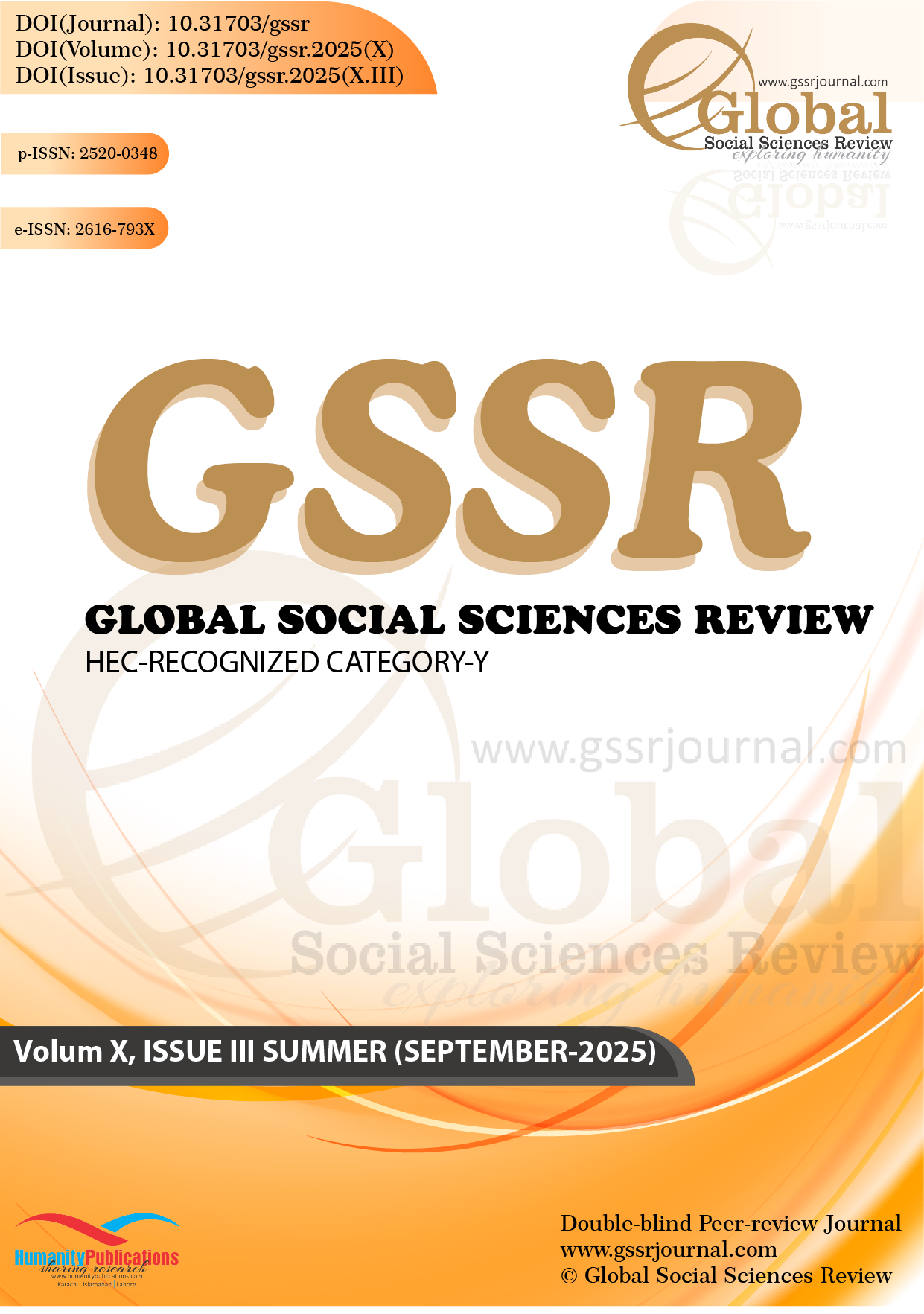 Volume X, Issue III (Summer 2025)
Volume X, Issue III (Summer 2025)  Volume X, Issue II (Spring 2025)
Volume X, Issue II (Spring 2025) 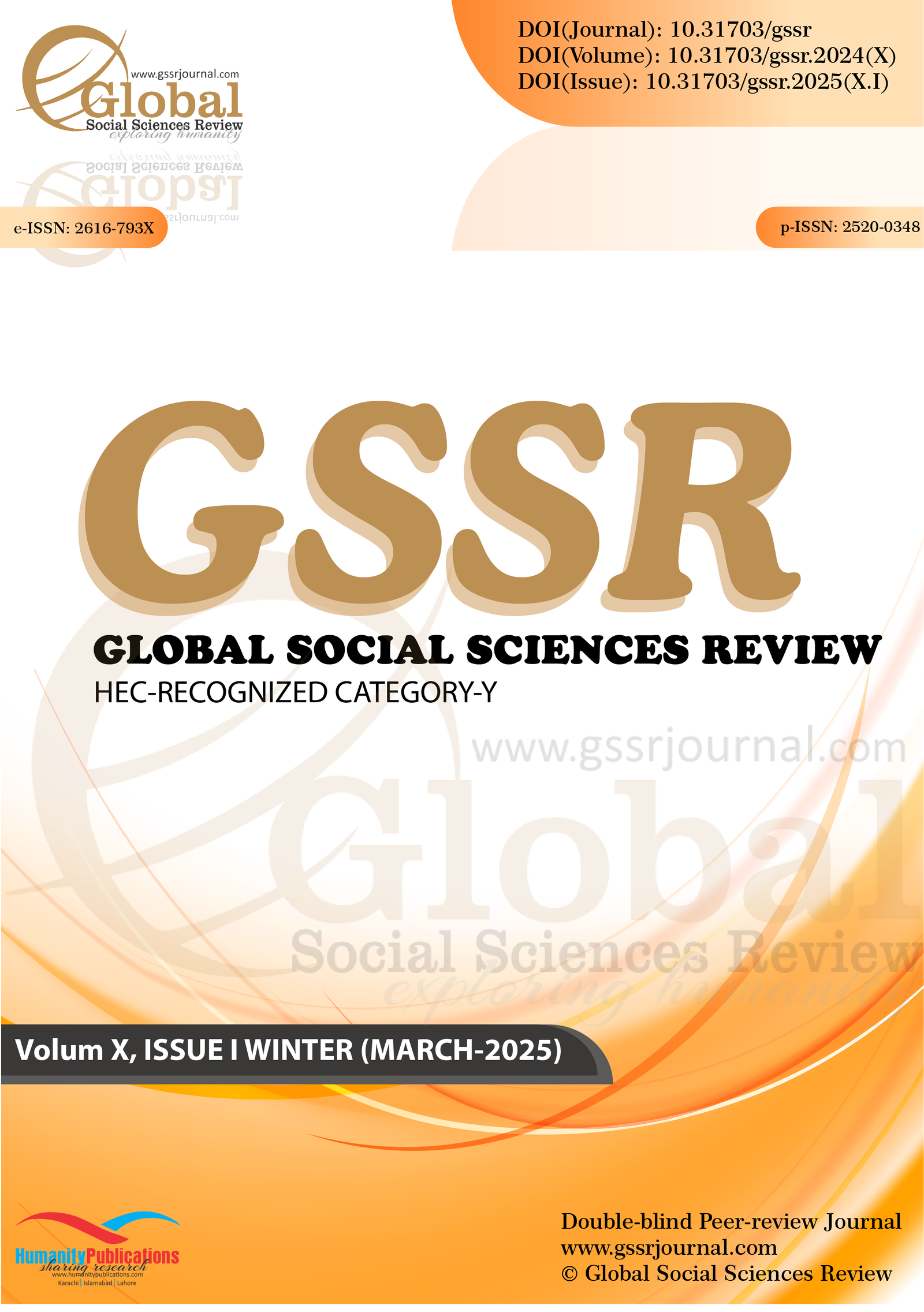 Volume X, Issue I (Winter 2025)
Volume X, Issue I (Winter 2025)  Volume IX, Issue IV (Fall 2024)
Volume IX, Issue IV (Fall 2024)  Volume IX, Issue III (Summer 2024)
Volume IX, Issue III (Summer 2024)  Volume IX, Issue II (Spring 2024)
Volume IX, Issue II (Spring 2024)  Volume IX, Issue I (Winter 2024)
Volume IX, Issue I (Winter 2024)  Volume VIII, Issue IV (Fall 2023)
Volume VIII, Issue IV (Fall 2023) 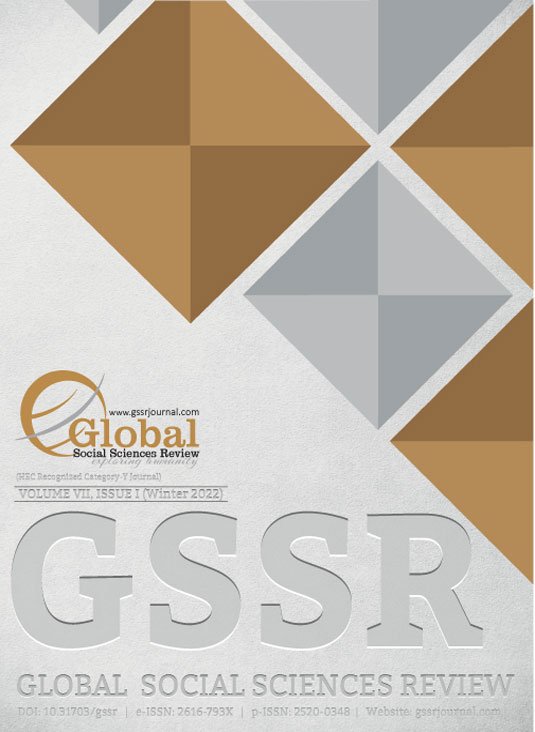 Volume VII, Issue IV (Fall 2022)
Volume VII, Issue IV (Fall 2022)  Volume VII, Issue III (Summer 2022)
Volume VII, Issue III (Summer 2022)  Volume VII, Issue II (Spring 2022)
Volume VII, Issue II (Spring 2022) 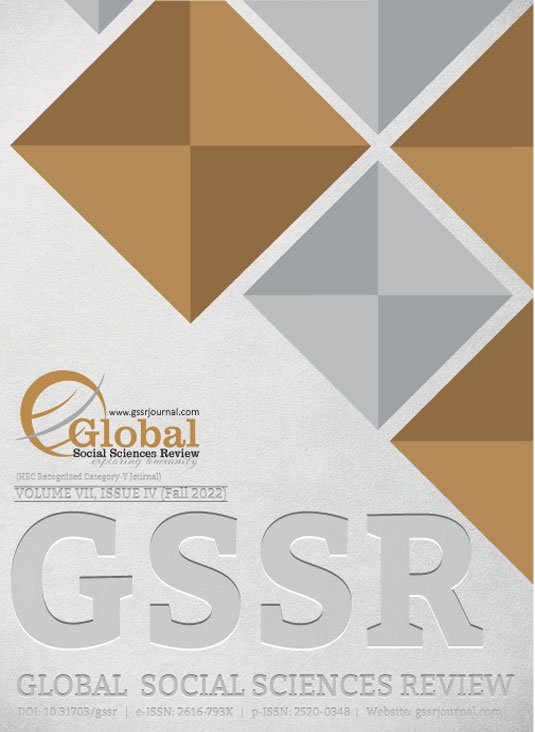 Volume VII, Issue I (Winter 2022)
Volume VII, Issue I (Winter 2022) 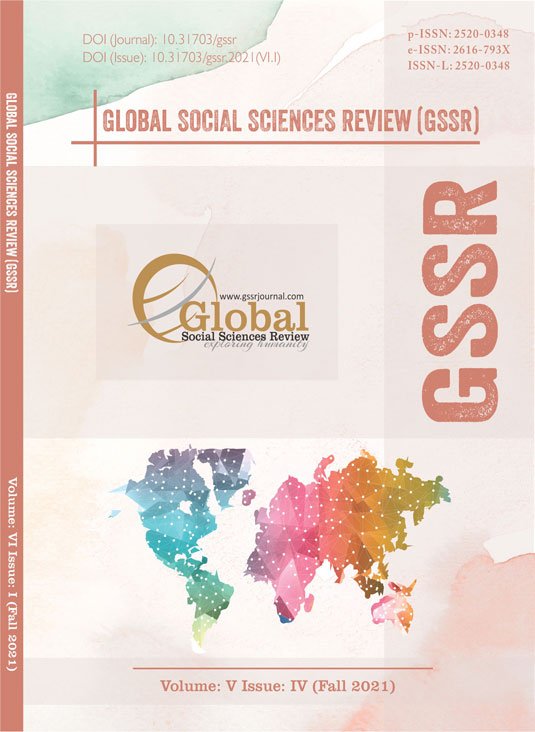 Volume VI, Issue IV (Fall 2021)
Volume VI, Issue IV (Fall 2021) 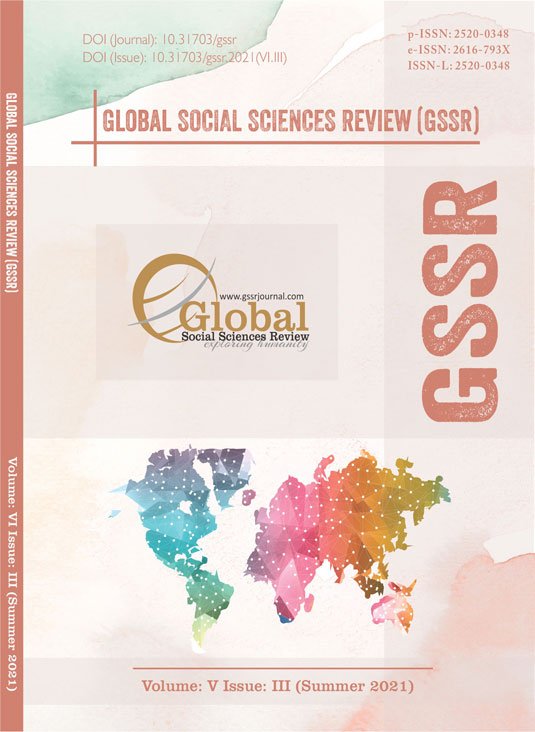 Volume VI, Issue III (Summer 2021)
Volume VI, Issue III (Summer 2021) 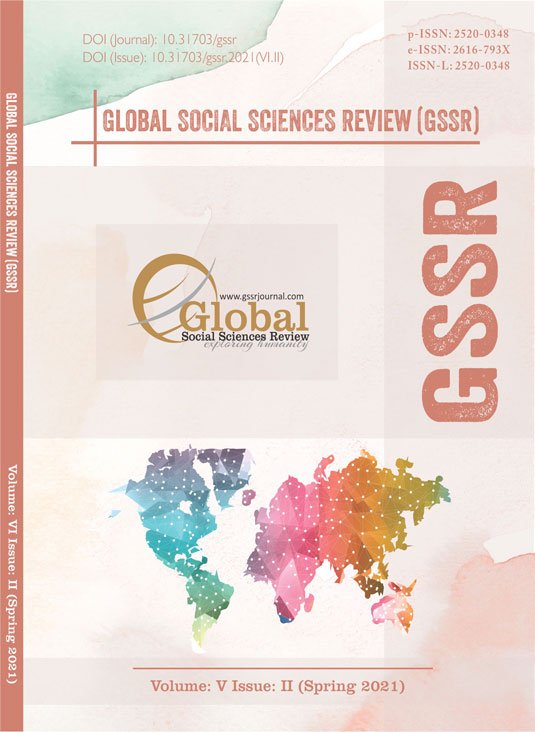 Volume VI, Issue II (Spring 2021)
Volume VI, Issue II (Spring 2021) 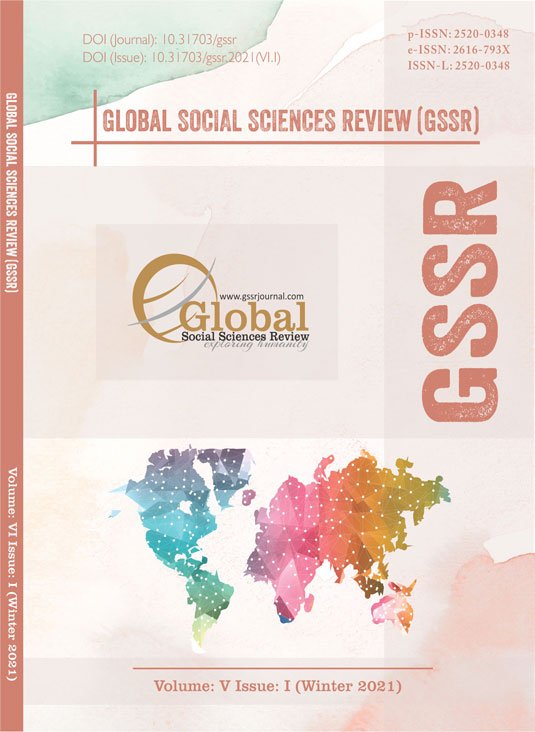 Volume VI, Issue I (Winter 2021)
Volume VI, Issue I (Winter 2021) 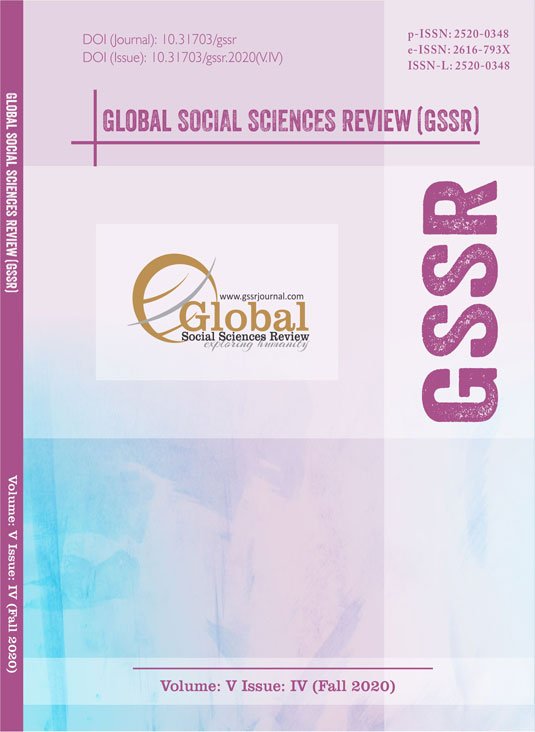 Volume V, Issue IV (Fall 2020)
Volume V, Issue IV (Fall 2020) 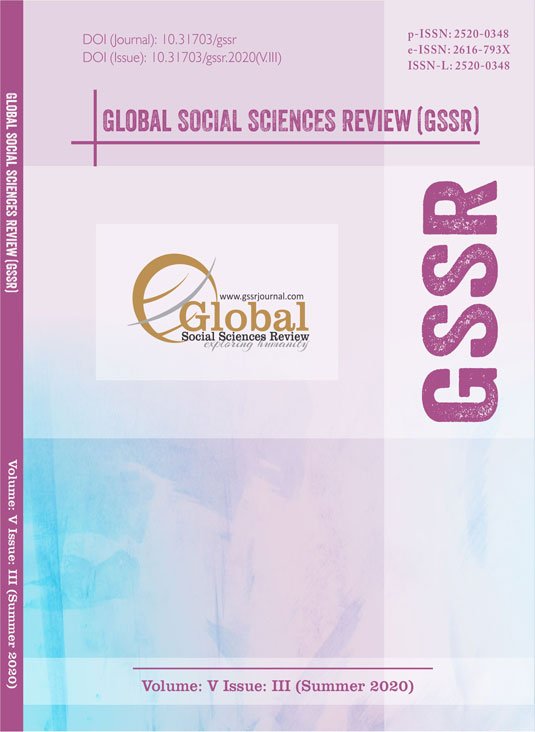 Volume V, Issue III (Summer 2020)
Volume V, Issue III (Summer 2020) 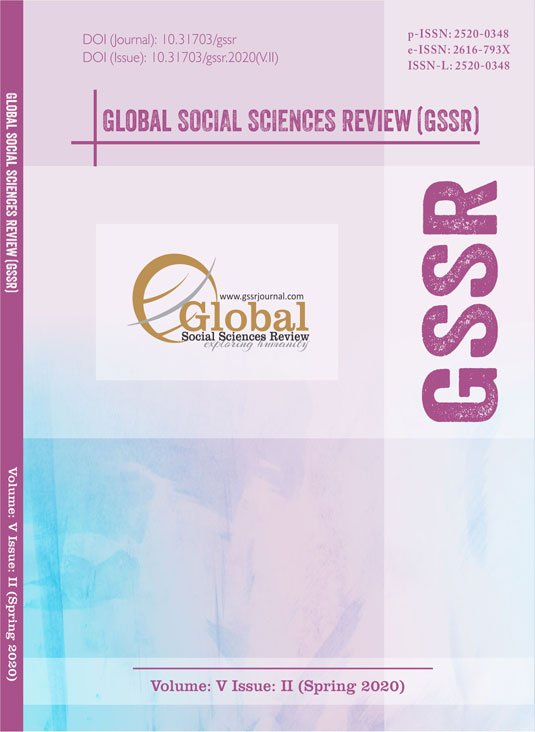 Volume V, Issue II (Spring 2020)
Volume V, Issue II (Spring 2020)  Volume V, Issue I (Winter 2020)
Volume V, Issue I (Winter 2020)  Volume IV, Issue IV (Fall 2019)
Volume IV, Issue IV (Fall 2019) 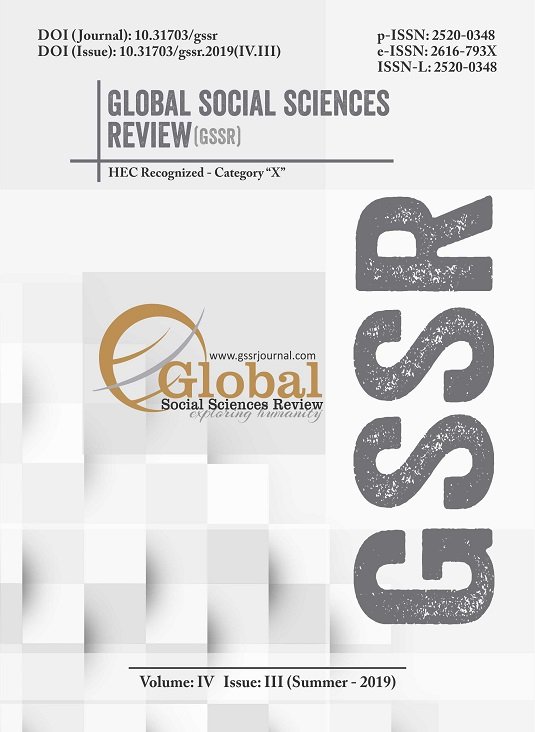 Volume IV, Issue III (Summer 2019)
Volume IV, Issue III (Summer 2019)  Volume IV, Issue II (Spring 2019)
Volume IV, Issue II (Spring 2019)  Volume IV, Issue I (Winter 2019)
Volume IV, Issue I (Winter 2019)  Volume III, Issue IV (Fall 2018)
Volume III, Issue IV (Fall 2018)  Volume III, Issue III (Summer 2018)
Volume III, Issue III (Summer 2018) 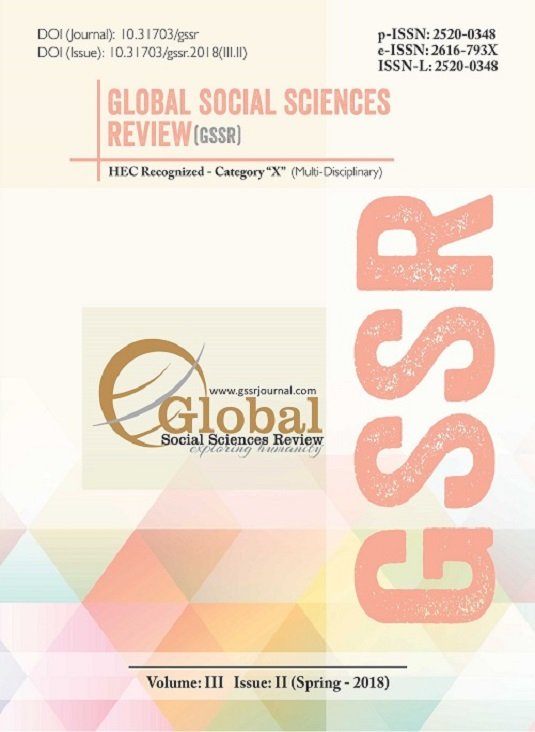 Volume III, Issue II (Spring 2018)
Volume III, Issue II (Spring 2018) 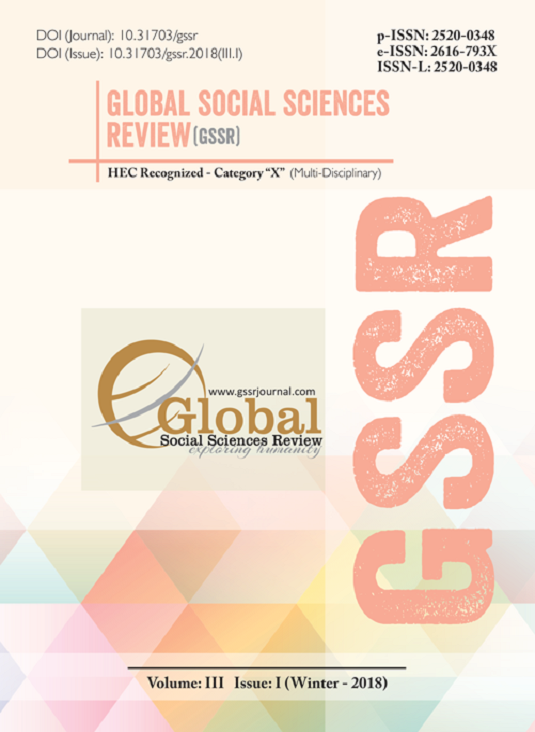 Volume III, Issue I (Winter 2018)
Volume III, Issue I (Winter 2018) 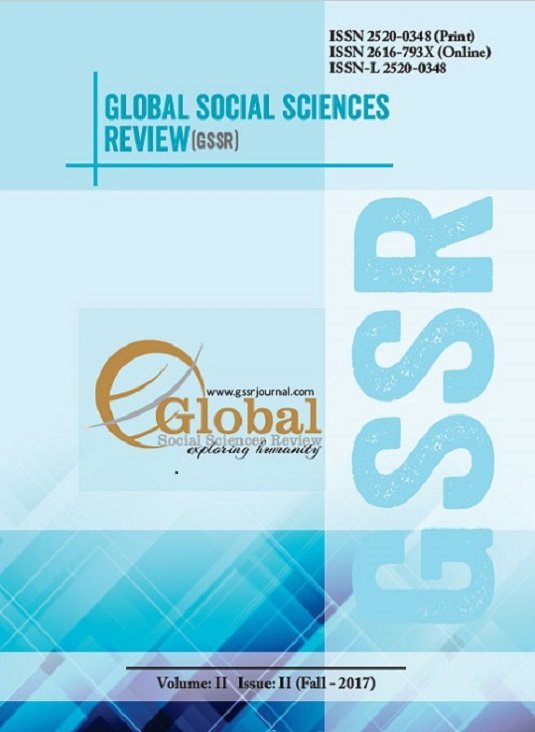 Volume II, Issue II (Fall 2017)
Volume II, Issue II (Fall 2017) 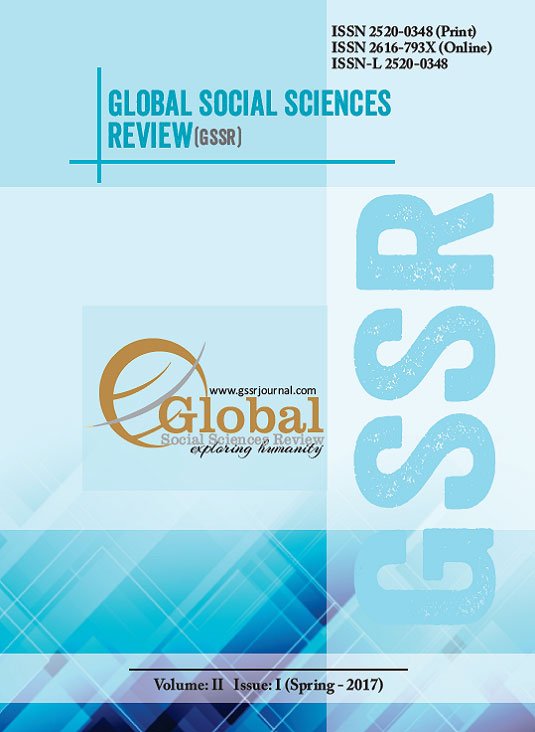 Volume II, Issue I (Spring 2017)
Volume II, Issue I (Spring 2017)  Volume I, Issue II (Fall 2016)
Volume I, Issue II (Fall 2016)  Volume I, Issue I (Spring 2016)
Volume I, Issue I (Spring 2016)